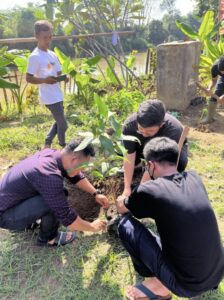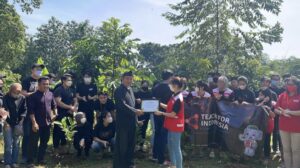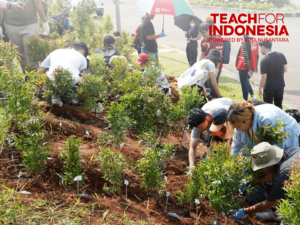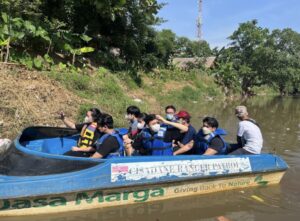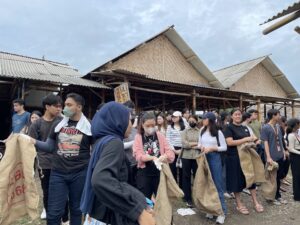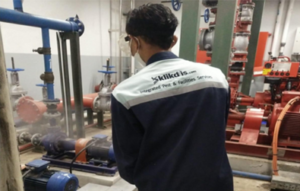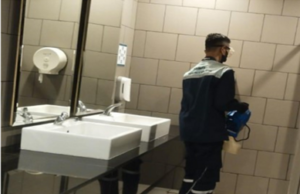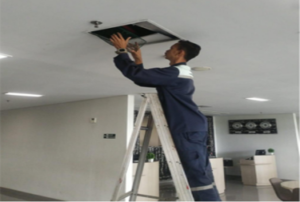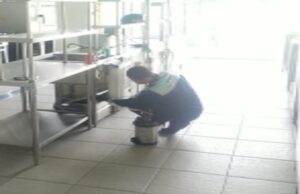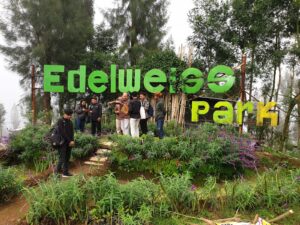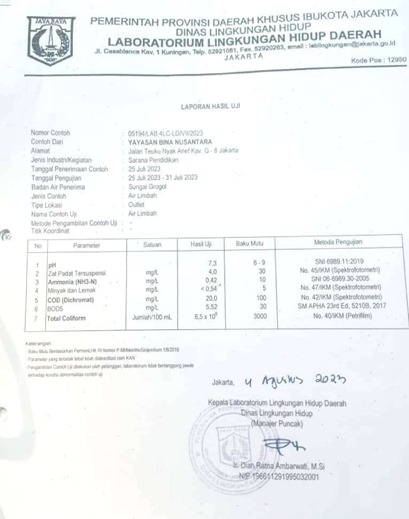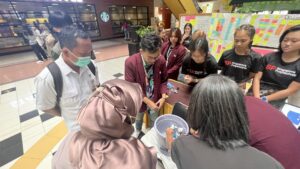
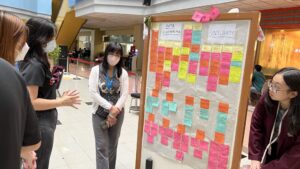
BINUS University is committed to the conservation, restoration, and sustainable use of terrestrial ecosystems associated with the university, as outlined in Rector’s Decree No. 0136A (Part II, points t-w). BINUS also encourages all academic members to actively participate in biodiversity conservation through educational activities, research, community service, and other initiatives, as outlined in a Circular Letter No. 1667A/REK/IX/2023 regarding the preservation of biodiversity and its habitats.
One of the key actions taken by BINUS University is the collaboration with the local community to restore and maintain the Srengseng City Forest near the BINUS campus. This effort includes initiatives such as the development of the Eco Green project, which involves both BINUS students and international partners. These initiatives are part of a larger commitment to protecting biodiversity, restoring natural habitats, and promoting environmental sustainability. As part of this initiative, students from BINUS University and Singapore Polytechnic have developed five creative projects to enhance Srengseng City Forest. These projects focus on improving both the infrastructure and the economy of the area, aiming to make the forest more attractive, organized, and competitive compared to other urban parks or forests.





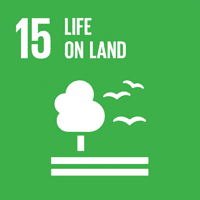



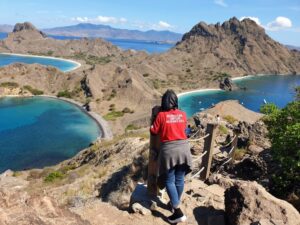 Komodo Island Support: BINUS supports three villages on Komodo Island, which is home to the endangered Komodo Dragon. Recognizing the increasing interest from tourists in seeing this unique species, BINUS prioritizes a robust awareness campaign through the CHSE Movement (Cleanliness, Health, Safety, Environment Sustainability). This campaign promotes responsible tourism practices and emphasizes the importance of preserving the natural environment, which is essential for protecting these ancient animals and their diverse flora. Additionally, BINUS provides assistance to local MSMEs (micro, small, and medium enterprises) to enhance the competitiveness of Labuan Bajo’s local coffee and culinary products. By integrating sustainable practices and promoting local culture, we contribute to both economic development and environmental conservation in the region.
Komodo Island Support: BINUS supports three villages on Komodo Island, which is home to the endangered Komodo Dragon. Recognizing the increasing interest from tourists in seeing this unique species, BINUS prioritizes a robust awareness campaign through the CHSE Movement (Cleanliness, Health, Safety, Environment Sustainability). This campaign promotes responsible tourism practices and emphasizes the importance of preserving the natural environment, which is essential for protecting these ancient animals and their diverse flora. Additionally, BINUS provides assistance to local MSMEs (micro, small, and medium enterprises) to enhance the competitiveness of Labuan Bajo’s local coffee and culinary products. By integrating sustainable practices and promoting local culture, we contribute to both economic development and environmental conservation in the region.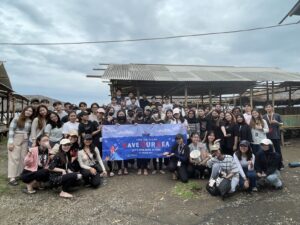 Save the Ocean Program: This activity aims to raise awareness among young people and the surrounding community to protect the marine ecosystem, which is continuously declining in quality, by cleaning the beach of hazardous waste. A well-preserved ecosystem will contribute to the conservation of the flora and fauna within it, ensuring the balance of nature and allowing marine life to thrive sustainably for future generations.
Save the Ocean Program: This activity aims to raise awareness among young people and the surrounding community to protect the marine ecosystem, which is continuously declining in quality, by cleaning the beach of hazardous waste. A well-preserved ecosystem will contribute to the conservation of the flora and fauna within it, ensuring the balance of nature and allowing marine life to thrive sustainably for future generations.